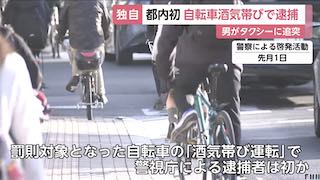Jul 20 (South China Morning Post) - Since September last year, Argentina-based human rights lawyer Daniela Bertone has spent many nights breastfeeding her year-old toddler while working on her master’s degree in peace studies at Japan’s International Christian University.
Buenos Aires is 12 hours behind Tokyo, meaning she has to burn the midnight oil to engage in online discussions with classmates – and by 7am, when her other child, a three-year-old, is awake, it is time to get through the rest of the day “like a zombie”, she says.
It was not supposed to be like this. Bertone, 40, had planned to be in the Japanese capital for her two-year degree, but strict pandemic-related border control measures that have kept foreign residents out of the country put paid to that plan.
Similarly, Shani Weiss from Tel Aviv resigned from her job and moved out of her flat in March last year, expecting she would soon be moving to Tokyo to pursue her master’s in global studies at Sophia University.
A year on, Weiss, 29, is still living with her parents, while her programme began earlier this year in an online-only capacity. She considers herself lucky to have received unemployment benefits; her peers in a similar situation have suffered consequences such as scrambling for a place to live without knowing when they would be able to move to Japan, and having no source of income.
As some 11,000 international athletes from more than 200 countries head to Japan for the delayed Olympics – with several testing positive for Covid-19 in recent days – the plight of foreign residents barred from entry to the country, including international students, has come under the spotlight.
More than 500 academics from Japanese institutions and working in areas related to the country last week faxed a letter to justice minister Yoko Kamikawa demanding more transparency regarding border control measures for foreign students. They have urged the ministry to reopen applications for long-term visa holders as well as their partners and family members.















